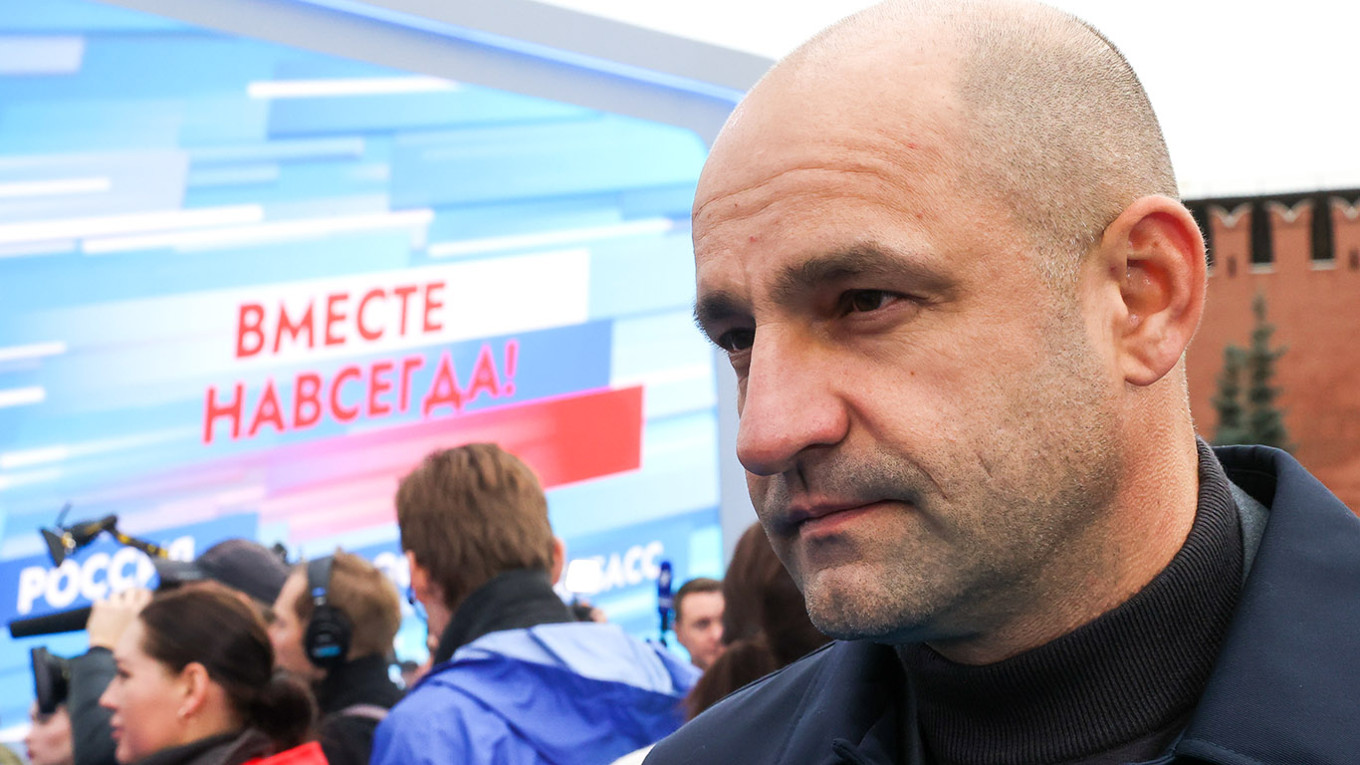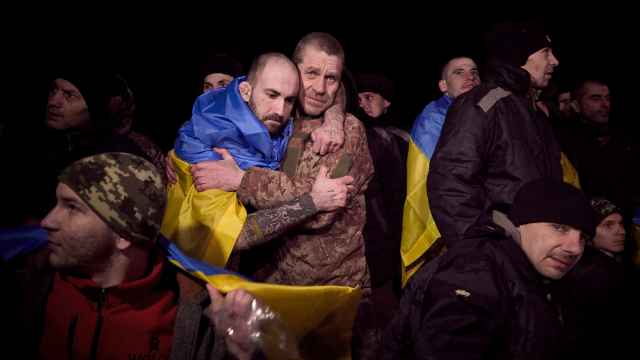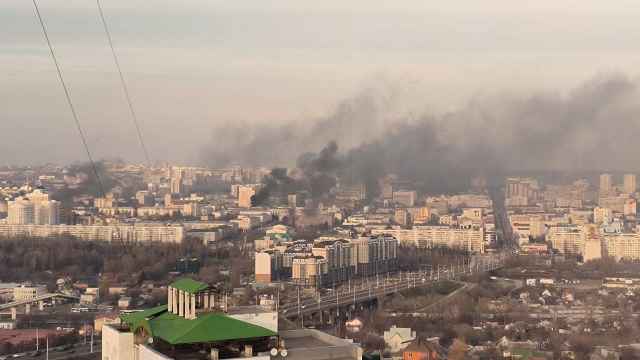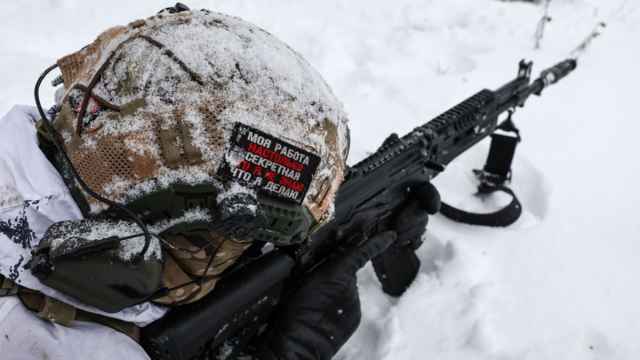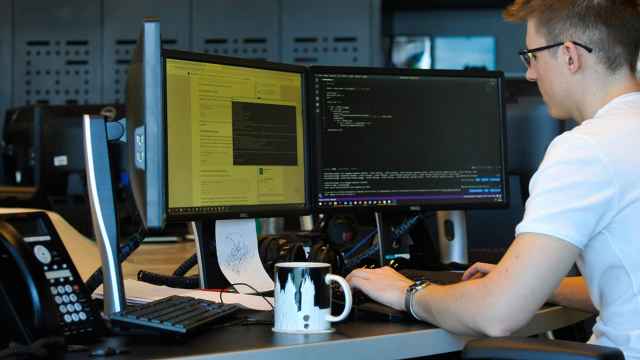Last week's appointment of Artyom Zhoga, a former entrepreneur and fighter for the self-styled Donetsk People's Republic as presidential plenipotentiary in the Urals Federal District is the clearest signal yet towards incumbent elites that President Vladimir Putin was serious when he said in February that soldiers and veterans are the country's “new elite.”
The Kremlin has so far successfully defined what is acceptable and expected behavior in Russia. To the wider population, Moscow has signaled that veterans and other participants in the war need to be regarded as people worthy of elevated status and various benefits, from free airline tickets and public transportation, in some regions free land, soon likely debt relief, and the right to talk to children about patriotism.
But these are mostly symbolic measures. At the same, time, efforts to promote war participants as elected officials have mostly failed. In the 2024 regional and municipal elections, only 329 war participants received mandates (while tens of thousands were available), mostly in municipal assemblies without significant influence and little control over finances. This is in spite of the governing United Russia party giving war participants a 25% bonus in its “primaries.” This was likely largely due to the resistance of incumbent elites who used positions in regional assemblies to defend their own interests. There were reports from several regions of active sabotage.
This year, however, more than a dozen former war participants have been appointed to administrative positions. The Kremlin proudly announced in October that 10 of these are alumni of Time of Heroes, a training program created to incorporate veterans into the administrative elite. But once again, most appointees are in municipal positions, having no real power and serving under established elites. This is likely to remain so for those of them without prior experience in public administration. They include city council speakers in Nizhny Novgorod and Krashnovishevsk in the Perm region, a deputy speaker in Blagoveshchensk, deputy mayors in Stavropol and Tomanovo in the Belgorod region and a district head in the Khanty-Mansi autonomous district.
There have been fewer appointments to regional governments: a head of an assembly committee in the republic of Altai, a deputy governor in the Khabarovsk region, a regional minister in the republic of Sakha and an aide to the governor of the Kemerovo region. Apart from these, both Russian Railways and the pro-Putin youth organization Movement of the First took their picks from the carefully selected alumni.
More notably, three regions have also appointed war participants to the Federation Council. However, due to the specifics of these regions, it is too early to say whether this is the beginning of a trend or a one-off. It is no surprise that both the occupied Crimea and the war-torn Kursk region would take such symbolic steps. Meanwhile, the republic of Altai is currently led by former United Russia supremo Andrei Turchak who is likely very keen to end his internal “exile” as the region's governor, by eagerly humming along to the tune from the Kremlin. Furthermore, he appears to want to set boundaries with local elites.
This is what makes Zhoga's appointment, on the surface, notable. The Kremlin was keen to nip suggestions that the real reason for it was a nascent conflict between him and the head of the occupation administration in the Donetsk Region, Denis Pushilin, this itself would not warrant an elevation in the ranks. The Urals Federal District contains Russia’s most important oil- and gas-producing regions as well as several regions with key defense industry plants. Even if the role of presidential plenipotentiaries has historically been vague and malleable depending on the goals and the political weight of the people in these positions, the fact that the Kremlin saw this appointment through in spite of apparently noticeable elite discontent, says something about Moscow's intentions.
Officially, as presidential plenipotentiary, Zhoga's two main roles will be representing the Kremlin in the regions and coordinating the work of governors. Some more influential plenipotentiaries (such as Yury Trutnev in the Far East) have used their positions to influence the personnel policy of the regions in their districts.
This is far from a given. Though, since a 2021 reform the Kremlin — which Zhoga will represent — has had significantly more say in the appointment of regional governments than before. The key industrial regions of the Urals, however, likely have their own channels to the Kremlin, not least through Moscow Mayor Sergei Sobyanin, whose ally, Vladimir Yakushev, has been plenipotentiary so far.
Zhoga’s position thus may or may not come with actual influence and powers to turn into political capital. His activities might be limited to keeping in touch with former war participants and reminding administrative elites and residents of the importance of the war in Ukraine.
It is notable that his appointment comes shortly after the drafting of Russia's new federal budget, which not only significantly increases war-related expenditures but also proposes to reduce them significantly more slowly over the following years than last year’s projections; doubling down on the Kremlin’s narrative that Russia is ready and willing to fight a long war. Indeed, one of Zhoga’s first acts as plenipotentiary was visiting wounded soldiers in a Yekaterinburg hospital.
Prior to his appointment, some local officials suggested that Zhoga might be brought in to break the “liberal elite” of Yekaterinburg, a city known for its relatively pluralistic politics. One could indeed argue that if the Kremlin were to elevate a tame, domesticated turbo-patriotic icon to fill the gap of Yevgeny Prigozhin in the public conscience, Zhoga is a fairly good candidate. not unlike the former prosecutor Dmitry Demeshin who was suggested to be a Kremlin-friendly stand in for the jailed Sergei Furgal in the Khabarovsk region.
It is too early to tell whether Zhoga will be content with his role as an avatar. Perhaps he — and his backers — will try to throw their weight around in the Ural regions, perhaps in an attempt to create a counterbalance to Sobyanin’s network.
The risk for the Kremlin is that sooner or later war participants looking at the occasional high appointment, or the people seeing their potential, may decide that Putin's mantra that veterans and soldiers are a “new elite” gave them license to challenge the positions of incumbents at the local and regional levels. Conflicts like these can then prompt questions about why war participants should be regarded as elites in the first place.
A Message from The Moscow Times:
Dear readers,
We are facing unprecedented challenges. Russia's Prosecutor General's Office has designated The Moscow Times as an "undesirable" organization, criminalizing our work and putting our staff at risk of prosecution. This follows our earlier unjust labeling as a "foreign agent."
These actions are direct attempts to silence independent journalism in Russia. The authorities claim our work "discredits the decisions of the Russian leadership." We see things differently: we strive to provide accurate, unbiased reporting on Russia.
We, the journalists of The Moscow Times, refuse to be silenced. But to continue our work, we need your help.
Your support, no matter how small, makes a world of difference. If you can, please support us monthly starting from just $2. It's quick to set up, and every contribution makes a significant impact.
By supporting The Moscow Times, you're defending open, independent journalism in the face of repression. Thank you for standing with us.
Remind me later.



